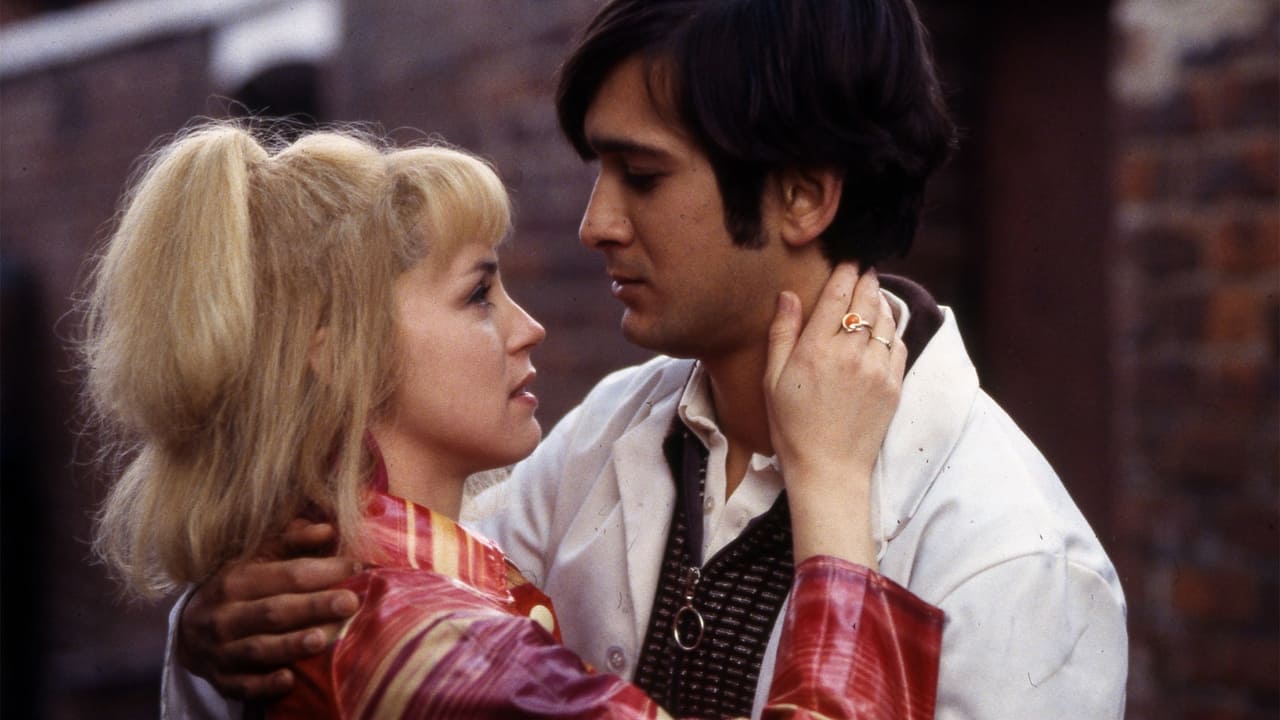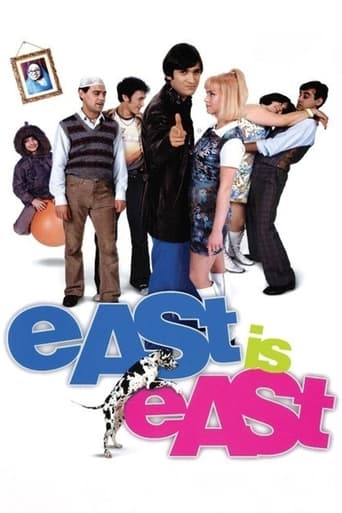

Purely Joyful Movie!
... View MoreIt's fun, it's light, [but] it has a hard time when its tries to get heavy.
... View MoreThis is one of the few movies I've ever seen where the whole audience broke into spontaneous, loud applause a third of the way in.
... View MoreThe film's masterful storytelling did its job. The message was clear. No need to overdo.
... View MoreOM Puri was an alumni of National School of Drama where he learned theater acting . The great Indian actors Naseer ud Din Shah and OM Puri were very close friends and met in the same institute. OM Puri was from underprivileged family and had a weak English while as Naseer was opposite to that. I was really was fascinated with the OM Puri's charater in this particular movie. He used to challenge himself by taking role like this where English was not his strength. He plays a Pakistani father role who has come to Britain in search of fortune and married a Brit women. The whole family affair is worth to watch especially OM Puri playing Muslim Pakistani father role...This is movie worth to watch....
... View MoreThis is a beautifully-made, bittersweet comedy drama with much to say about integration, the clash of cultures and the hierarchy within families, no matter what colour or culture they happen to be. I first saw this film soon after its release and since then I've probably watched it four or five times. Every time it appears on TV I find I am unable to resist it's wry humour and incisive social comment. There are some hilarious moments (such as the scene with the rather rude sculpture).It packs an enormous emotional punch for such a low budget production and puts many star-studded movies that have attempted to tell the same story to shame.
... View MoreI cannot help but notice the subliminal messages of hatred and narrow mindedness which is incorporated through out the movie. Start with the glaring mistake of history shown in the early part of the movie when the opening says "george khan immigrated from Pakistan to england in 1937". There was no Pakistan in 1937. It was part of India. But if the film maker has said that George Khan immigrated from India in 1937 then people would have associated his character with indians and thats not the goal of this movie The goal of this movie is to ridicule Pakistan. Then the other scenes especially of bringing 1972 war totally out of context of the movie and putting sentences like "these bastard indians" truly shows what this movie is all about. It is not a comedy movie or drama. It is a pathetic futile attempt by tiny narrow minded Indians hiding behind the lens of the screen and just trying to ridicule their neighbor. Im not from Pakistan. Im a white irish American and I have more than a few pakistani friends and I don't agree with the content of this movie and I had to speak up in their defense. Nevertheless I gave 1 star to the movie for the aforementioned reasons and also I didnot find the movie funny and most of the time the "comedy" was done in awfully bad taste
... View MoreEast is East, a culture-clash comedy set in the 1970s is a great film. It is thoroughly accessible, and while it never takes itself too seriously, it still manages to be a funny, charming, poignant and refreshing film. It does start off a little slow, but the performances, script and story more than make up for it. The script is constantly funny, yet has a sense of poignancy as well, and the story is surprisingly compelling about Asian integration in Britain.And the performances are really very strong, Om Puri especially gives a powerful one as the patriarch of the family, while he loves his family very much the tradition he is part of makes him a very strict father. Linda Bassett is great as his wife, and out of the equally strong younger performances, Jimi Mistry really stands out. The boys yearn for freedom, and are resistant to the life their father wishes them to lead.All in all, great film that breaks the mould for films similar to it. 8/10 Bethany Cox
... View More